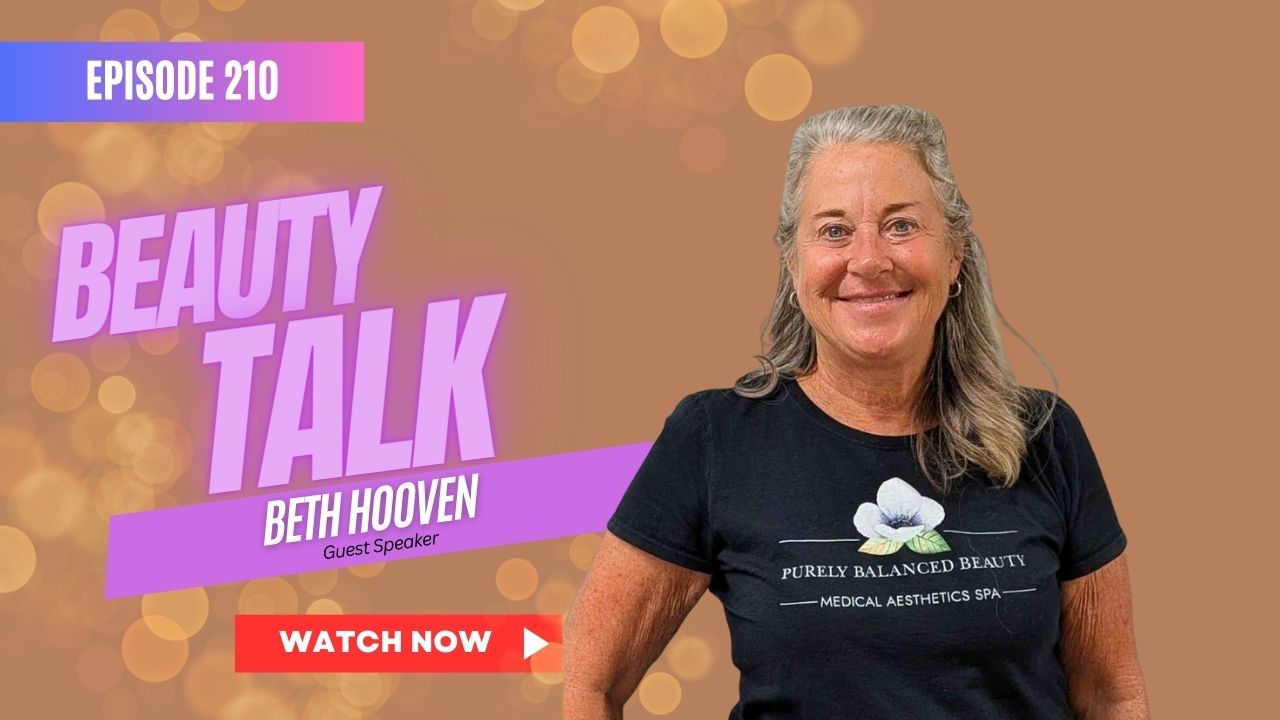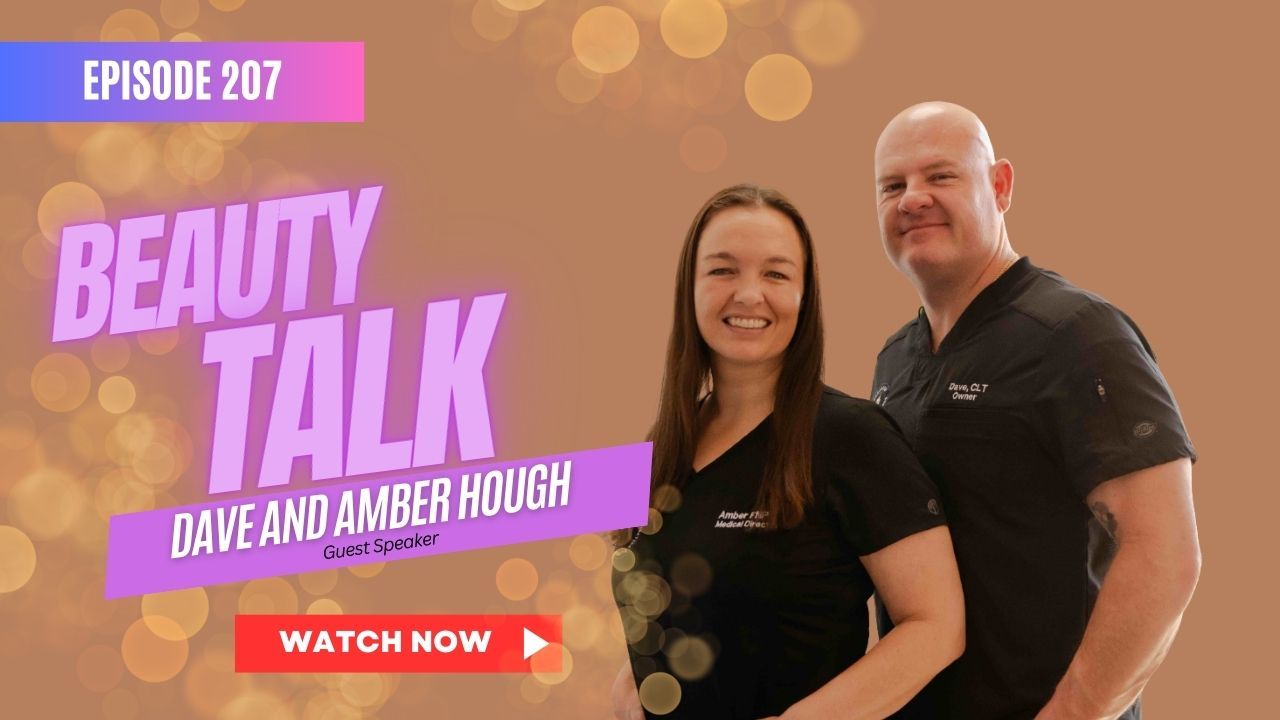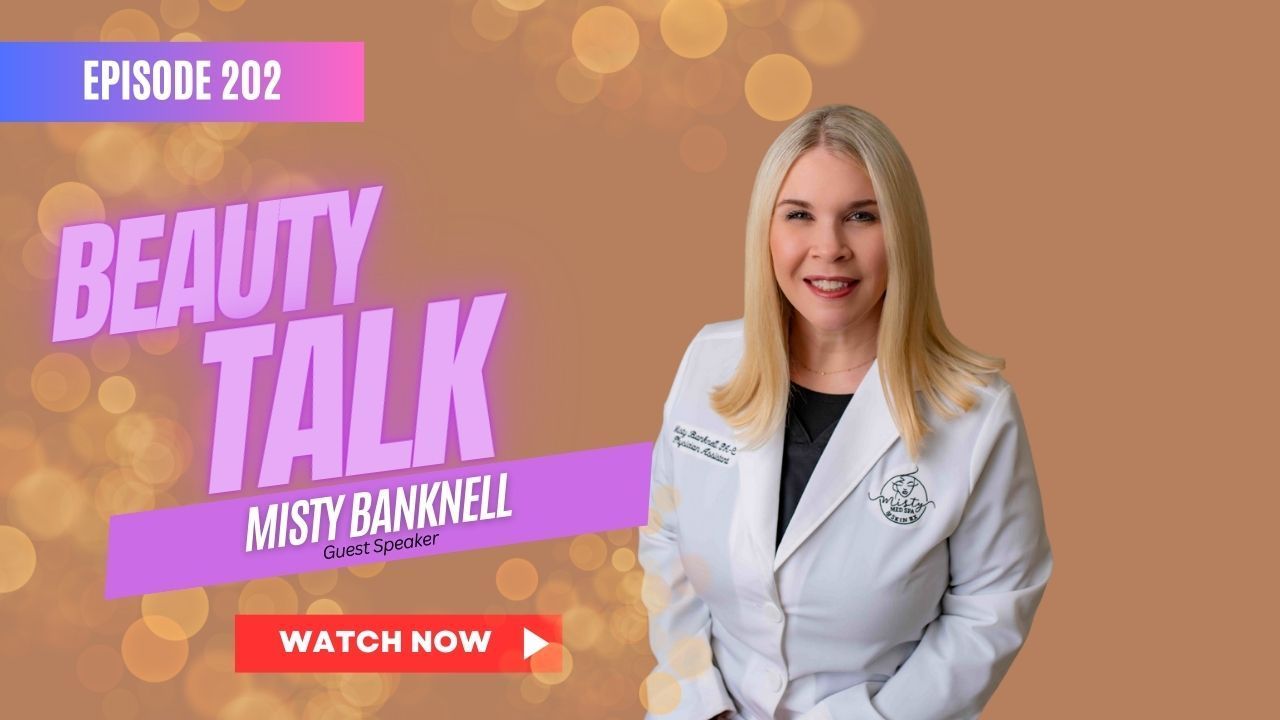5 Healthcare SEO Fundamentals to Grow Your Medical Practice
Are you a medical practice looking for a quick way to get ahead in the world of healthcare SEO? With the right help and advice, you can quickly and easily begin to grow and better market your practice to potential patients. But just how do you go about it? You could hire an SEO professional to do it for you, but if you’d rather go solo, here are some foundational healthcare SEO fundamentals you should employ to get your efforts going. Read on to find out how you can quickly grow your medical practice with just a few simple steps!
Identifying Your Healthcare Market
Identifying your healthcare market is a critical step in building an effective SEO strategy for your medical practice. Knowing who the target market is and their needs and preferences will help guide what keyword phrases to use and which areas of the website should be targeted for optimized content. This, in turn, helps draw potential new patients from the search engine results pages (SERPs).
There are two approaches to targeting a medical practice's particular market: a general approach or a more specific one. Going for a general approach may be easier at first glance, but it could potentially fail to capture potential customers who don't necessarily know the exact keywords they want to search for. A more specific approach involves detailed research into the characteristics of those already visiting the website and looking into the demographics of similar practices in the same geographical area.
By taking either of these approaches, you can structure an effective
SEO strategy
by identifying your target market and tailoring content that resonates with them. It also allows you to identify what services potential patients are searching for and set up campaigns to attract them using those terms in posts and ads, as well as on your webpage. In addition, it gives you insights into which topics engage viewers most, so you can structure content accordingly.
Targeting your audience
When it comes to healthcare SEO, targeting your audience is a critical part of ensuring that your medical practice quickly grows. Your ultimate goal should be tailoring content and optimizing it around search terms that your target audience is likely to use. When creating content, you should consider who your potential patients are and what they’re looking for when researching possible healthcare providers.
Planning your healthcare SEO strategy
Planning your healthcare SEO strategy upfront will save time, money, and effort in the long run. It is important to analyze each marketing channel that you are considering implementing and assess its potential merits and opportunities.
- Creating a successful healthcare SEO plan requires understanding your objectives, who your target patients and customers are, and how your practice approaches patient care. Once you understand these factors, it will be easier for you to develop a focused, tailored plan that meets the needs of your patients or customers.
- Conduct online market research to learn about your competitors and the current advertising trends in the industry. Understanding how your competitors market their services and which strategies they use can help you craft an effective healthcare SEO plan that stands out from the competition. You should also compare the various types of online directories available and determine whether any would benefit your practice’s visibility on search engine result pages (SERPs).
- Set measurable objectives before commencing any of your SEO activities. Setting measurable objectives will allow you to track your progress more effectively and, if necessary, adjust your course accordingly. It is also important to allocate resources for tracking and analyzing data, as this will enable you to make informed decisions about future optimization efforts.
With a well-thought-out healthcare SEO plan in place, you can start researching the right keywords that best align with your business goals. This involves analyzing various keyword phrases related to the services offered by your practice and targeting those that have the highest query volume within relevant SERPs. This can help ensure that when potential patients or customers search for services related to your clinic, they find you first!
Researching the right keywords
When launching an online campaign for medical practice, finding the right keywords is critical to success. Every niche market has its own kinds of search engine queries, and understanding them can offer insights into how prospective patients are searching for your practice. Most keyword research begins with what’s known as "keyword discovery." This involves uncovering relevant words or phrases that topics related to your medical practice contain in abundance.
Other useful methods include monitoring competitor websites to see what keywords they are using most successfully and using popular tools such as Google Keyword Planner to review search volume and competition levels and determine precisely where you should focus your efforts. Additionally, it is important to take advantage of long-tail keyword opportunities, as they tend to be more specific and can still generate qualified leads and conversions slower than their more competitive counterparts.
Though it is important to focus on relevant keywords, it can also be beneficial to consider geo-targeted terms in order to ensure that you are capturing local demand for searches that include area modifiers such as city and state names. Utilizing all of these techniques will help create better content marketing opportunities and, ultimately, a more successful SEO campaign for your medical practice.
Developing useful website content
Creating content for your healthcare practice's website is an important part of SEO. Website content helps your website rank higher on search engine results pages, attract potential patients, and create more traffic to your website. When creating content for your website, there are two different approaches you can take: creating unique content or duplicating existing content.
- Unique Content: When creating unique content for your healthcare website, you have the ability to customize your page to fit the messaging needs of your practice and patient base. These include blog posts and articles featuring information about new treatments or services, as well as case studies featuring patient success stories. Unique content also has the advantage of avoiding potential keyword duplication and penalties from major search engines.
- Duplicate Content: On the other hand, duplicate content may be useful in certain situations. If a web page is not very likely to show up in organic search results (such as product or service landing pages), then duplication of similar content across multiple pages may not have a negative effect. This can save time and energy by updating just one source rather than attempting to make unique changes for each page.
Ultimately, in creating website content, it’s most important that you focus on providing useful information that educates and encourages potential patients to reach out with their medical care needs. Writing helpful and engaging content is key to increasing rankings and driving quality leads to your practice.
Writing helpful and engaging content
When it comes to content, quality is of the utmost importance. To truly engage your target audience and offer them valuable information, you must create content that is both helpful and engaging. Not only does this help establish trust between you and the patient, but it also helps SEO rankings.
Helpful content should address common questions or concerns about health-related topics. It should be easy for users to understand and provide them with factual information. This can include blog posts, videos, and Q&As, as well as informative descriptions of the services offered at your practice. Additionally, make sure that each piece of content is connected to your brand; this helps ensure continuity and reinforces visibility with your target audience. Engaging content should have a captivating narrative structure that encourages web visitors to stay on the site longer.
It's important to remember that creating helpful and engaging content requires more than just copywriting; visuals are incredibly important too! Utilizing imagery as an accompaniment to written output allows for further educational enrichment and encourages reader retention.
Optimizing your website for SEO
When optimizing your website for SEO, you need to make sure that it contains the correct information and proper formatting. This means ensuring that titles, descriptions, and content are optimized for keywords that are relevant to your practice. You should also ensure that all internal links lead to the most important and relevant pages on your website. Additionally, pay attention to the loading time of each page, since slow loading times can negatively affect your ranking on search engine results pages (SERPs).
On the one hand, using popular keywords and phrases in your web content may help with your visibility on SERPs. However, be careful not to overuse these terms, as this could lead to a penalty from Google. On the other hand, using more targeted and long-tail keywords may provide more effective results since they will be more specific to your desired audience.
It is also important to regularly update your website and add new content in order to keep users engaged and attract search engine crawlers. Content should be written with the intention of providing value for readers instead of merely trying to increase keyword density. This will help build trust with potential patients who visit your page.
Finally, remember to incorporate structured data, or schema markup, into web pages whenever possible. Properly employing schema markup can enhance how search engines display your websites in their results. It also makes it easier for them to understand the contextual information about each page so that it can rank better for relevant queries.
With proper optimization and timely updates, you can ensure that your website stands out from the competition in the organic SERPs. Implementing website and SEO analytics will make it even easier to track progress and identify areas for improvement in order to achieve greater success online.
Implementing website and SEO analytics
When it comes to healthcare SEO, metrics and analytics are beyond essential for measuring your website’s performance and progress. Not only do website and SEO analytics allow you to measure rankings, but they also help determine website traffic, conversions, and ROI for your medical practice. There is no doubt about it: implementing website and SEO analytics is necessary for getting the most efficient growth out of your medical practice’s website.
On the one hand, when creating a website from scratch, it is crucial to begin the process by setting up tracking codes. These tracking codes can include Google Analytics, Google Search Console, and other webmaster accounts that verify ownership of the site with search engines. Tracking codes are critical in order to monitor your website's performance over time, such as pageviews, referral sources, and organic performance. However, there remains a downside to this methodology. Having too many tracking codes can actually slow down websites, which can hurt the overall user experience.
On the other hand, another way of analyzing SEO success is through SEO tools. This involves utilizing analytical tools such as Ahrefs or SEMrush. Using these tools allows you to get an accurate overview of where your website should be ranking and can also reveal weaknesses in keyword optimization or content gaps on the site itself. These tools provide valuable competitive insights into any queries being performed in particular areas, helping you make informed recommendations for your own campaigns. As with many aspects of SEO, though, using too many SEO tools can be overkill and lead to wasted time and resources if not managed correctly.
Implementing website and SEO analytics is essential to understanding how your medical practice’s website performs over time and gaining invaluable insights into competitors in the industry; however, relying too heavily on either tracking codes or SEO tools may result in slower sites and wasted time, respectively. By considering all options when setting up an analytics approach for your unique healthcare SEO setup, you will ensure maximum efficiency moving forward!
How to Promote and Grow Your Medical Practice Online
In today’s world, the success of any practice hinges on its ability to communicate effectively with patients and promote services online. To do that, medical practices need to utilize healthcare SEO fundamentals to gain visibility and grow their businesses quickly. Here are several suggestions for how to promote and grow a medical practice online via SEO.
- Be sure to create quality websites that are well-designed, contain relevant content, and are optimized for search engines. Take preventive steps like broken link checking, malware scanning, caching, and more. By creating quality websites that are properly optimized for SEO visibility, you can attract more patients who may be searching online for services offered at your practice.
- Use strong keywords and phrases that accurately reflect your practice abilities. Using the right combination of words will let potential patients find you more easily through search engine services like Google or Bing. Keep in mind that your goal is to create web pages about specific medical treatments or procedures offered by your practice so that people will find what they need quickly. It is also helpful to regularly audit your website against current SEO standards to ensure that it continues to rank well on search engine results pages (SERPs).
- Establish local listings on major search engine platforms like Google My Business and Bing Places for Business. This helps increase your practice’s visibility because people looking for local healthcare may find you first when they search in their area. Additionally, having consistent and accurate listings across multiple sites will send positive signals to the search engines about the reliability of the information being presented, which can boost your rankings even further.
- Social media marketing is an effective tool for promoting special offers or providing updates about new staff members or services available at your practice. Social media platforms give you instant access to thousands of potential customers—both current and new. For example, use Facebook Ads Manager to target specific audiences with ads tailored for them, or leverage Twitter to share news about upcoming events or promotions in real time with followers who might not have heard about them yet.
By using these strategies, medical practices can improve their online presence and attract more patients over time. As healthcare SEO evolves to meet modern patient needs and preferences, staying ahead of changes and trends is key in order to maintain a competitive edge.
Contact EDNA Digital Marketing for SEO services.
Ready to take your online presence to the next level? EDNA Digital Marketing offers top-quality SEO services to help your business rank higher on search engine results pages and attract more organic traffic. Our team of SEO experts uses proven strategies and the latest tools to optimize your website and improve your search engine visibility. Contact us today!










